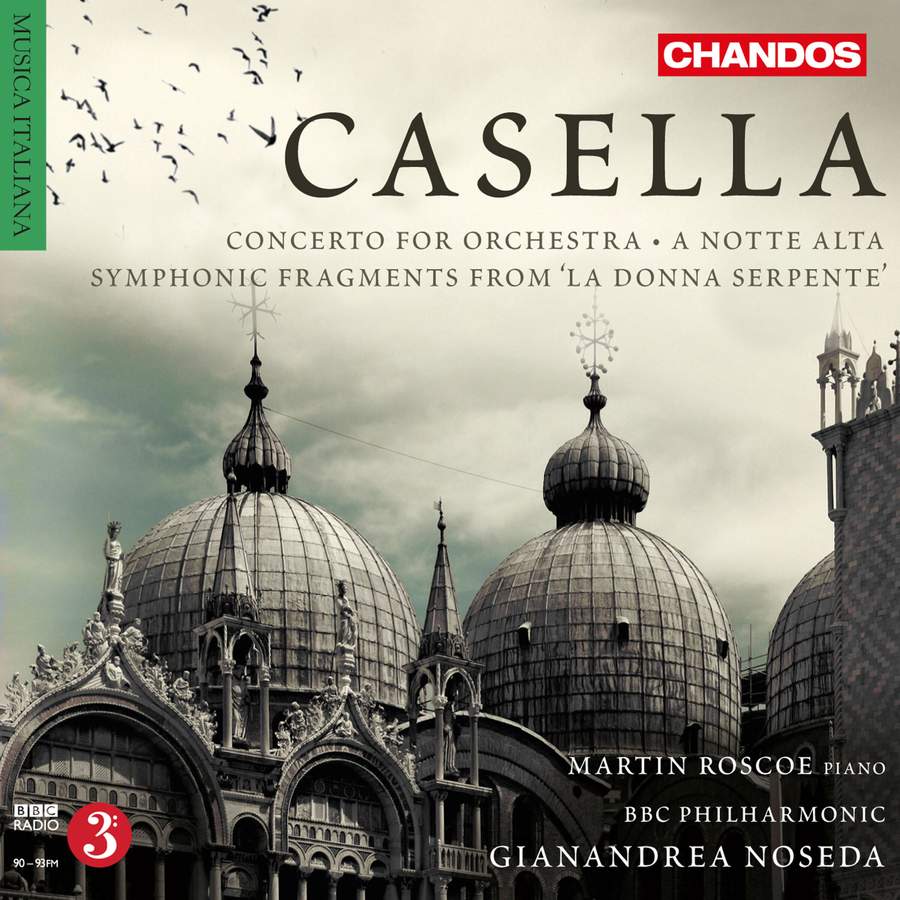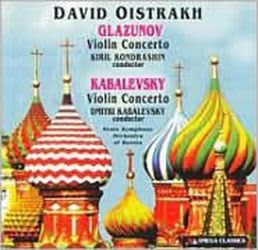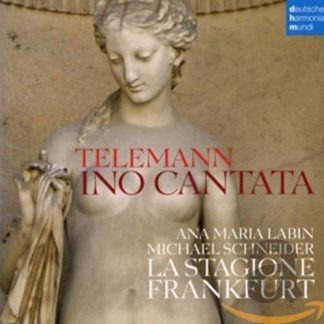Περιγραφή
Καλλιτέχνες
Αναλυτική Παρουσίαση
|
This is Volume 2 in the series of orchestral works by Alfredo Casella, performed by the BBC Philharmonic and Gianandrea Noseda, with the pianist Martin Roscoe. The album also forms part of the ‘Italian Series’ on Chandos, in association with Ricordi Music and the BBC Philharmonic. International Record Review said of the previous volume: ‘Anyone with more than a passing interest in this fascinating composer needs to have this remarkable disc.’ Albeit largely forgotten today, Casella was in fact one of the most important composers of his generation, possessing creativity in abundance, and rare technical skill. The earliest music on this album, A notte alta (In Deepest Night), is Casella’s only piece of programme music, inspired, the composer tells us, ‘by sentimental events in my personal life’. You do not need to look far to get a good understanding of what these events might have been: the dedication ‘To Yvonne’ and the 1917 date on the solo piano version clearly indicate that they relate to his affair with a student, Yvonne Müller, who would become his wife after his first marriage was annulled in 1921. Unlike most Italian composers of his generation, Casella had no operatic ambitions in the early part of his career. It was not until after his return to Italy from Paris in 1915 that he began to take a creative interest in the theatre, and the result was La donna serpente. This operatic score has much in common with Mozart’s Die Zauberflöte, from the magic and comic elements to the heroic rescue of a beautiful young woman, in this case a half fairy-queen condemned to assume the shape of a serpent for 200 years. The Concerto for Orchestra, Op. 61 was written to mark the fiftieth anniversary of the Concertgebouw Orchestra of Amsterdam. It was performed for the first time by this orchestra in its famous concert hall in 1938. |










